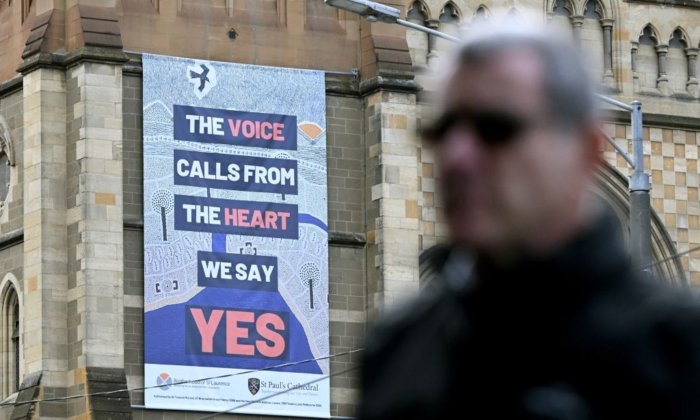Targeting Welfare Dependency: The ‘No’ Campaign’s Push Against The Voice
In failing to decisively attack Aboriginal dependency on the welfare state, the “No” campaign is missing an opportunity to counter the claims made by the “Yes” campaign. The critics argue that The Voice proposal is merely symbolic and will not bring about any real change in the lives of Indigenous Australians. They question how The Voice, even if enshrined in the Constitution, can address issues such as violence, health, education, alcohol addiction, life expectancy, and entrepreneurial opportunities for Aboriginal people. On the other hand, the official “Yes” campaign claims that The Voice will lead to real improvements in life expectancy, infant mortality, health, education, and employment for Indigenous Australians.
Some proponents of The Voice believe that the existing institutions and assistance provided to Aboriginal communities are insufficient. However, it is unclear how The Voice, even if successfully established, can bring about improvements through extra government consultation alone. The “No” campaign’s main proponent, Nyunggai Warren Mundine, argues that a strong economy is essential for any community’s self-determination and autonomy. He suggests that Indigenous economic advancement is hindered by chronic dependence on the welfare state.
There is a concern that Aboriginal Australians relying heavily on government assistance may hinder their economic progress. If welfare recipients become entirely dependent on the state, they may not feel the need to seek solutions to their own problems. Personal responsibility is crucial for a prosperous and economically successful society. However, when a comprehensive welfare state is in place, people may become less motivated to take control of their own lives.
To address this issue, it would be beneficial for Indigenous Australians if welfare dependence was less prevalent. Without tackling the underlying behavioral problems, the government could unintentionally reinforce and perpetuate the cycle of dependency. In a state of permanent dependency, people may not distinguish between privileges and rights. This can lead to a culture of government dependency, which hinders progress.
The “No” campaign should seize the opportunity to break this cycle of dependency by promoting the principle of equality. Treating people equally, regardless of their race, and removing obstacles that hinder Indigenous Australians’ advancement should be emphasized. However, by failing to address Aboriginal dependency on the welfare state strongly enough, the “No” campaign misses a chance to distinguish itself from the “Yes” campaign and demonstrate political insight.
As the referendum approaches, it’s crucial to consider the economic, health, and educational implications of enshrining The Voice in the Constitution. It is not too late to fully examine the consequences of establishing this potential “welfare-inducing mechanism.”
Source link




